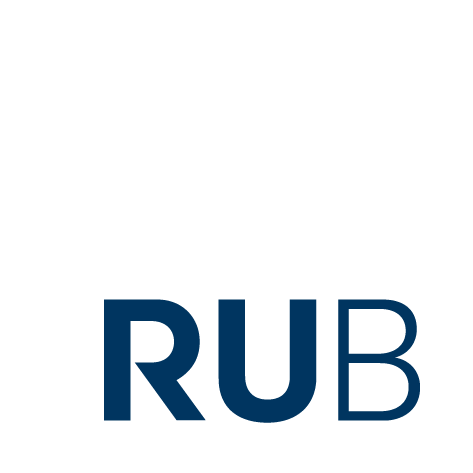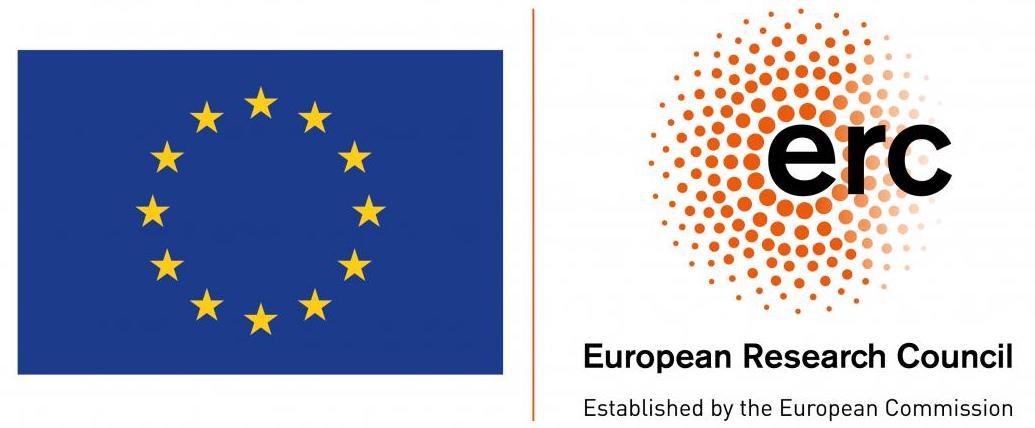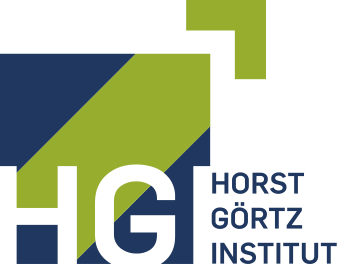Symmetry and Quantum Information (Spring 2018)

Program: Master’s in Mathematics, Graduate School of Sciences, University of Amsterdam
Lecturer: Michael Walter
Schedule: Mon 9-11 (SP G2.02) & Tue 9-11 (SP G0.18B), spring 2018 (period 4)
Further information: DataNose, Studiegids
Tutorial (optional): Tue 11-13 (SP G0.18B), offered by Freek Witteveen
Course description
This course gives an introduction to quantum information theory. We use symmetries as a guiding principle and toolbox to study the fundamental features of quantum mechanics and their exploitation for information processing tasks.
Topics that will be treated: Basic formalism of quantum information theory, including partial traces, generalized measurements, quantum channels, and entanglement. Basic techniques in representation theory, such as Schur’s lemma and Schur-Weyl duality between the unitary and symmetric groups. How to model and compare classical and quantum correlations. How to exploit permutation symmetry to quantify the monogamy of quantum entanglement and securely distribute a secret key. How to use Schur-Weyl duality to study quantum information in the limit of many copies and construct universal quantum protocols; applications include compressing quantum data, estimating unknown quantum states, and transforming and distilling quantum entanglement.
See here for the tentative syllabus. Watch this lecture for a teaser.
This course will complement Ronald de Wolf’s course on Quantum Computing. Students interested in writing a thesis in quantum information theory are encouraged to follow both courses.
Recommended prior knowledge
Basic linear algebra and probability theory. Some prior knowledge of quantum mechanics or group representation theory will be very helpful, but is not necessary.
Lecture notes
Lectures 1-16 in one file: [📖]
- Lecture 1: Syllabus, introduction to quantum mechanics, uncertainty principle [✍]
- Lecture 2: Super-dense coding, teleportation, generalized measurements [✍]
- Lecture 3: Quantum correlations and non-local games [✍]
- Lecture 4: Pure state estimation, symmetric subspace [✍]
- Lecture 5: Introduction to representation theory, Schur’s lemma [✍]
- Lecture 6: Irreducibility of symmetric subspace [✍]
- Lecture 7: Representation theory of SU(2), density operators [✍]
- Lecture 8: Entanglement of pure and mixed states, monogamy of entanglement [✍]
- Lecture 9: Classical and quantum data compression [✍]
- Lecture 10: Construction of typical subspace, compression and entanglement [✍]
- Lecture 11: Spectrum estimation, i.i.d. quantum information [✍]
- Lecture 12: Universal typical subspaces, Schur-Weyl duality [✍]
- Lecture 13: Fidelity, quantum state tomography [✍]
- Lecture 14: Analysis of tomography measurement, swap test, q. Schur transform [✍]
- Lecture 15: Clebsch-Gordan circuit, quantum entropy, mutual information [✍]
-
Lecture 16: Quantum state merging, decoupling theorem [✍]
- Handout: Formalism of quantum information [pdf]
Problem sets
- Problem set 1 [pdf] – deadline was extended until Feb 27
- Problem set 2 [pdf]
- Problem set 3 [pdf]
- Problem set 4 [pdf] – updated on Mar 7
- Problem set 5 [pdf]
- Problem set 6 [pdf]
Study materials
Background literature on quantum information theory:
- Brandao, Christandl, Harrow, and Walter, The Mathematics of Entanglement
- Nielsen and Chuang, Quantum Computation and Quantum Information
- Watrous, The Theory of Quantum Information
Background literature on representation theory:
- Serre, Linear Representations of Finite Groups – the first part is a great introduction (it was originally written for quantum chemists)
- Fulton and Harris, Representation Theory: A First Course
- Etingof, Introduction to representation theory
FAQ
Is this the first time this class is offered?
This is the first time this class is offered at the University of Amsterdam. I previously taught a similar course at Stanford University. See here for course material.
Can this course only be taken by students enrolled in the Master’s of Mathematics?
No! You should be able to take the course as part of the “free choice” component of your Master’s program (in which case you can get credit) or as an additional course (which should show up on your Master’s diploma as well).
Moreover, auditors are very welcome, too, so feel free to drop by to watch a particular lecture if there’s a topic that interests you particularly.
Will there be lecture notes or recorded lectures?
Lecture notes will be offered on a weekly basis and include pointers to supplementary reading material.
Where can I learn more advanced material?
Attend the Master Class on Tensors or write a Master’s thesis at QuSoft!
In spring 2019, Maris Ozols and I will jointly offer a MasterMath course on Quantum Information Theory that will cover a different selection of material.




